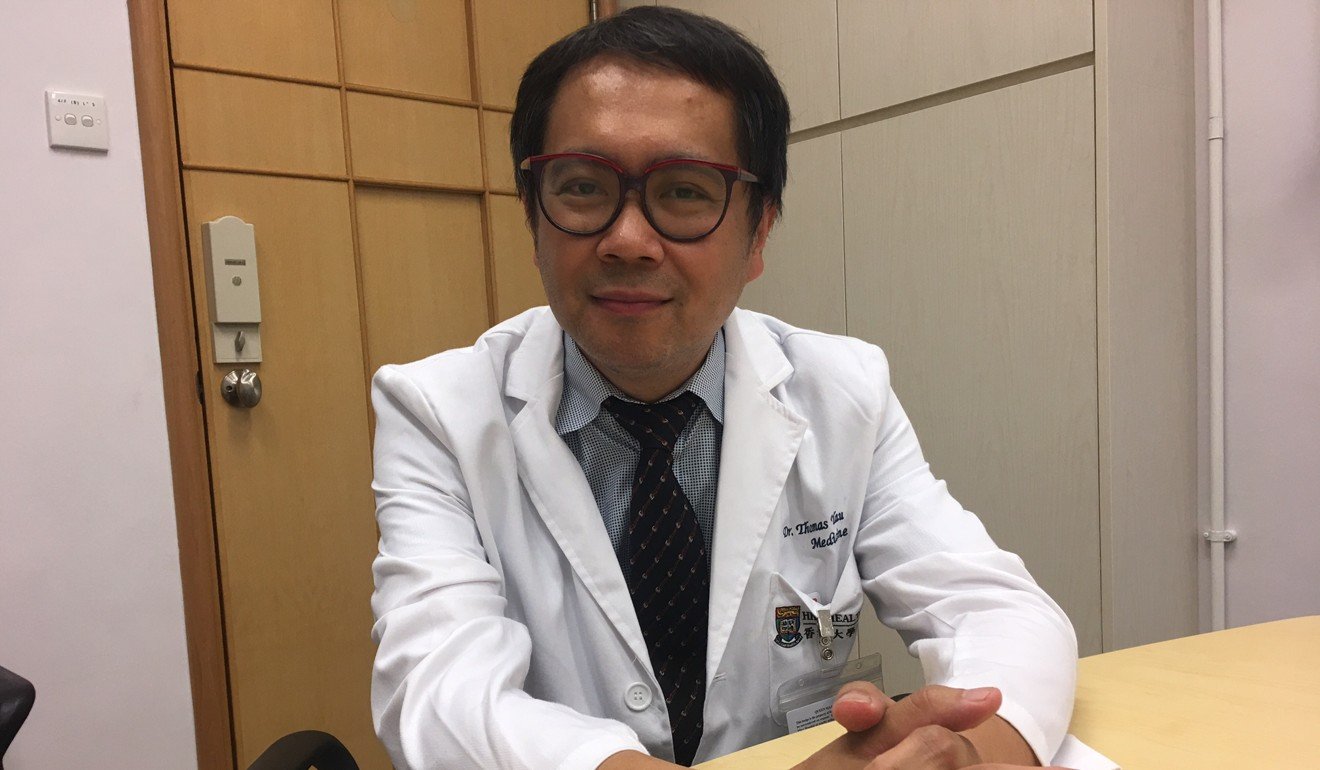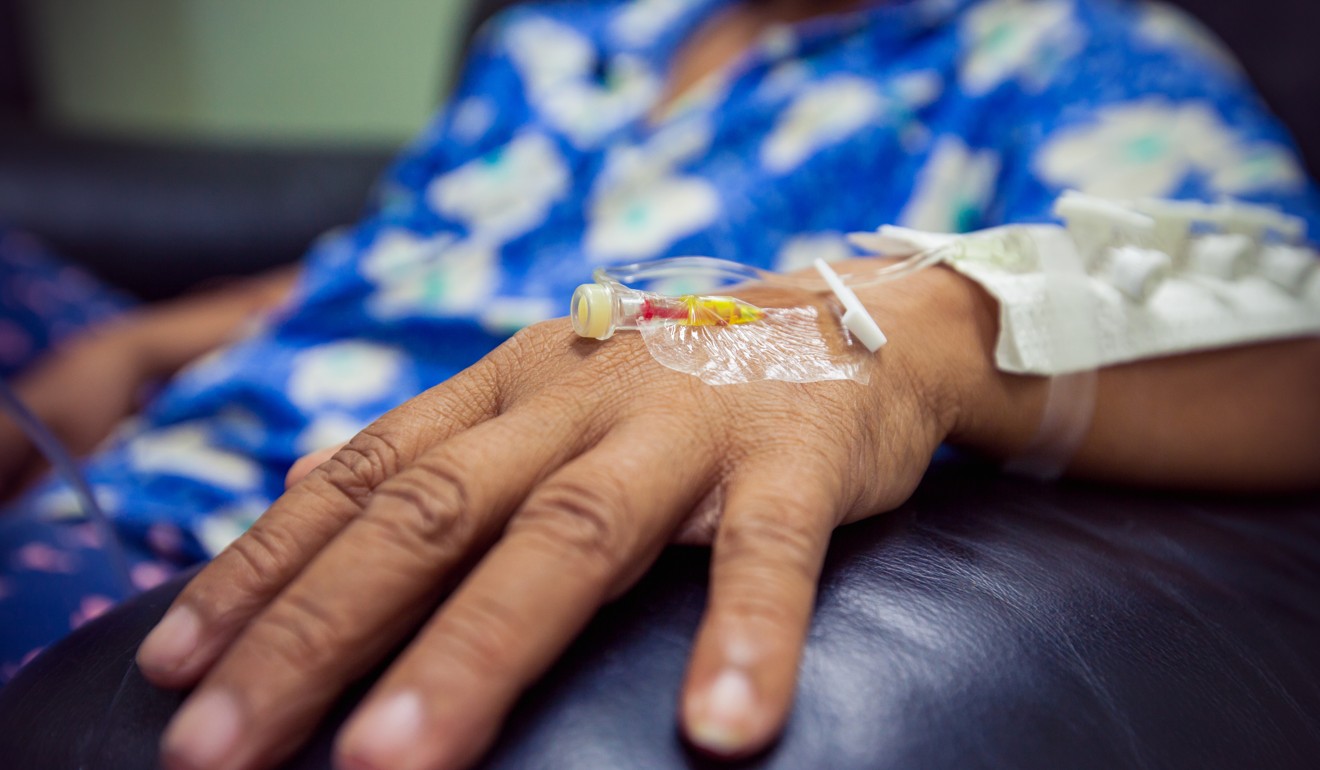
New cancer treatment could replace chemotherapy in 10 years, HKU expert claims
Immunotherapy to become cornerstone of care in city after good results seen in 200 patients at public hospitals
A new therapy that kills cancer cells by boosting the body’s immune system is taking off in Hong Kong and might replace chemotherapy within a decade, a University of Hong Kong medical expert claims.
About 200 cancer patients in the city have already received the treatment and “most saw good results”, even in would-be terminal cases, said Thomas Yau Chung-cheung, clinical associate professor at HKU.
The immunotherapy was hailed as a global medical breakthrough three years ago and pharmaceutical companies around the world have been competing to develop immunotherapy drugs for different types of tumours. Such medications are expected to be on the market in the next 10 years, Yau said.
Find out if you have cancer in 30 seconds with speedy new system using artificial intelligence

The researchers hope to publish their findings after having a total of 500 patient cases targeting cancer cells in the lungs, kidneys, skin, head and neck, as well as leukaemia and melanomas.
“The development of immunotherapy is now the new trend in cancer care. It is likely to replace chemo gradually and become the cornerstone of treating tumours,” Yau said.
Immunotherapy ... is likely to replace chemo gradually and become the cornerstone of treating tumours
“So far the patients who are suitable for immunotherapy are seeing good results, and it can even treat cancer patients in the late stages. But of course we still need time to observe the long-term safety of the drugs.”
Further study will be needed to treat other common cancers such as those found in the liver and colon.
Immunotherapy uses medicines to stimulate the body’s own immune system to destroy cancer cells. It comes with very few side-effects – usually flu-like symptoms or a fever.
It is likely to replace the painful process of chemotherapy which can damage surrounding healthy
cells and result in hair loss, weight loss, bleeding and other long-term health problems.
Most of the patients who have so far undergone the immunotherapy treatment at public hospitals in Hong Kong were suffering from lung cancer, for which Hong Kong is a leading research centre.
Drugs used in immunotherapy target various cell mutations in the body. They are currently prescribed to cancer patients in public hospitals whenever it is deemed fit.
The cost is about HK$20,000 to HK$40,000 a month, comparable to the price of drugs currently used as targeted therapy for cancers.

Hong Kong patients have shown enthusiasm for the new therapy as it resembles concepts often used in traditional Chinese medicine.
But Yau said some had confused the immunotherapy with natural remedies. Patients had thought they could treat their cancer simply by exercising, eating fruit and taking nutritional supplements to boost the immune system, he said.
“While exercising is always healthy, it cannot achieve the same effect as immunology therapy as the latter targets certain cells to boost the immune system to fight cancer cells,” Yau said.
Hong Kong professor takes lead on cancer immunotherapy trial
He set up an awareness group with other doctors to start an educational campaign on immunotherapy, and to teach the public about good cancer care.
Mak urged both cancer patients and carers to learn more about immunotherapy to ensure they are better aware of their options when consulting doctors.

